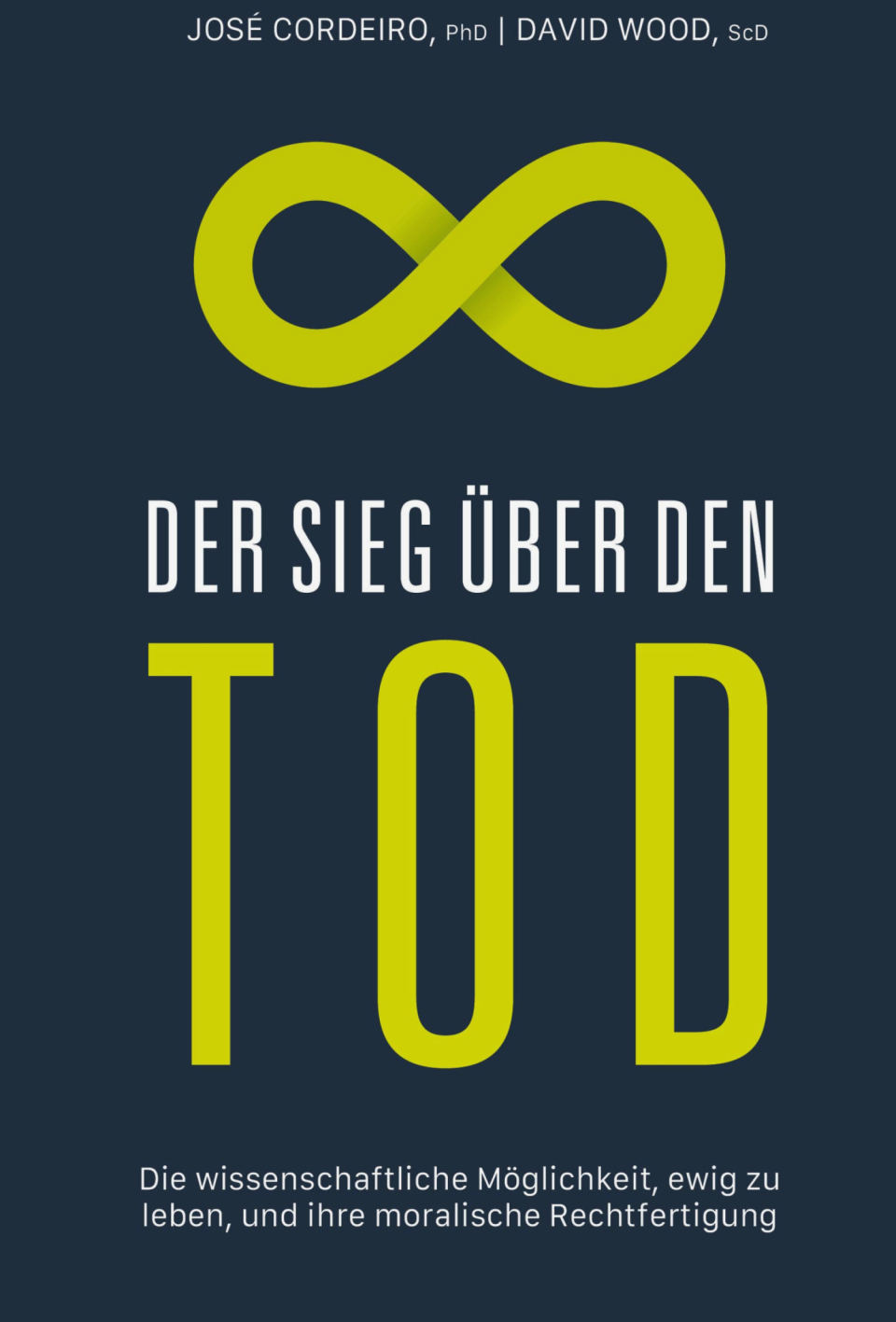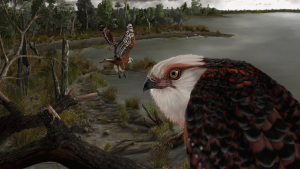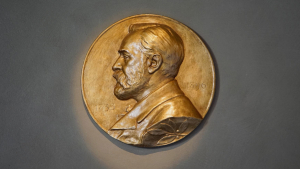The birth is the handing over of a return ticket, it says in aphorism, and the vernacular is convinced: "We don't have to do anything except." The transhumanist José Cordeiro and the futurist David Wood see it differently. They belong to the growing ranks of those experts from science and technology who firmly believe that people will soon no longer die their death. You see age as a curable disease. Her book "The victory over death" - already a bestseller in Spain in 2017 - is therefore a flaming plea for investing more time, money and brain recharge in rejuvenation research.
Understanding and "healing" old age
One thing in front: With their point of view that aging processes and age -related diseases are nothing more than biological defects that should be repaired medically, Cordeiro and Wood are anything but alone. Numerous renowned researchers from cell biology, genetics and medicine try to understand aging and neutralize the underlying processes. That people will probably live significantly longer in a few decades and will be healthier than today, there are already reliable indicators.
Nevertheless, caution is appropriate when reading "The Victory over Death": the book is bursting with euphoria and dogmatics. As the dedication says: "Today, more than 100,000 people die every day from age-related diseases. This is the greatest crime against humanity [...]. We can prevent it now, and we must prevent it now. It is our moral responsibility, our ethical duty, our historical obligation." On top of that, instead of technical depth and referenced studies as sources of information, there are often only quotes from other euphorians, some of whom are not biologists, but investors or tech gurus. It seems that long quotes make up half the book.
Anyone who takes into account this preliminary warning will find a superficial but comprehensive overview of, which is why even more careful experts believe in a probable end of retirement death. On the one hand, there are some living things that are already extremely durable or can rejuvenate. There is the research that has multiplied life expectancy for threadworms, flies and mice without the animals suffering from age diseases. There are enormous differences in the life expectancy of drones and bee queen - all indications that aging is a regulated process. The authors present these facts without diving far into biology. The processes known today, which ultimately lead to ancient death, also name Cordeiro and Wood without great explanation. They are more concerned with submitting arguments for their demands. They are quite correct on the biological side.
However, the authors are looking for analogies over long distances – from the railway to the smartphone to evidence–based medicine – which prove that groundbreaking developments were often underestimated and rejected at first, but then unexpectedly quickly – exponentially - became the norm. To deduce a law for the cure of aging from this seems at least daring, even if disruptive advances such as the CRISPR-Cas gene scissors, the AlphaFold deep learning software for predicting protein folding and many more may support the thesis.
From time to time, logic errors also creep in, for example, when the authors refer to a previously exponential growth in life expectancy. Reduced infant mortality and better hygiene in the past are hardly an argument for the fact that life expectancy will increase even further and faster in the future. In any case, the "moral justification" that the subtitle promises is too short and trivializes issues of social justice or finite planetary resources.
On the other hand, it is quite interesting to read how many tech companies, start-ups and investors are massively relying on durability and healing of aging. The large number of research institutions on which work on these topics today is also impressed. Billions of euros are currently flowing into the - often private -sector - rejuvenation research. The authors also plausibly stipulate that healing aging would be more than financed if other age diseases could be obtained and the lifespan extended.
What remains at the end of the book is the conviction that sooner or later humanity will stop or even reverse aging processes. Stronger research efforts in this direction are very likely to pay off. Whether the 50-year–olds of today no longer have to die of old age, as the authors show with conviction - this will be answered in one to two decades.



















